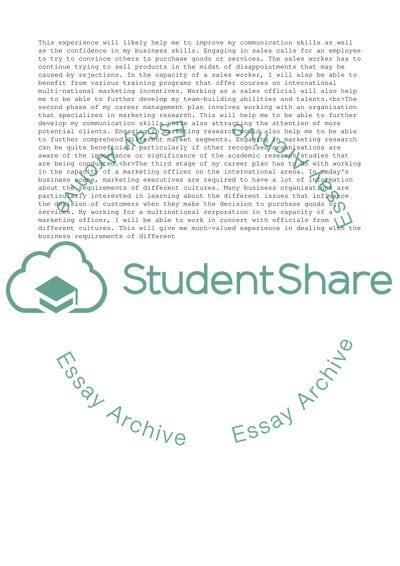Cite this document
(Leadership Essay Example | Topics and Well Written Essays - 2000 words - 8, n.d.)
Leadership Essay Example | Topics and Well Written Essays - 2000 words - 8. https://studentshare.org/management/1812628-leadership
Leadership Essay Example | Topics and Well Written Essays - 2000 words - 8. https://studentshare.org/management/1812628-leadership
(Leadership Essay Example | Topics and Well Written Essays - 2000 Words - 8)
Leadership Essay Example | Topics and Well Written Essays - 2000 Words - 8. https://studentshare.org/management/1812628-leadership.
Leadership Essay Example | Topics and Well Written Essays - 2000 Words - 8. https://studentshare.org/management/1812628-leadership.
“Leadership Essay Example | Topics and Well Written Essays - 2000 Words - 8”. https://studentshare.org/management/1812628-leadership.


